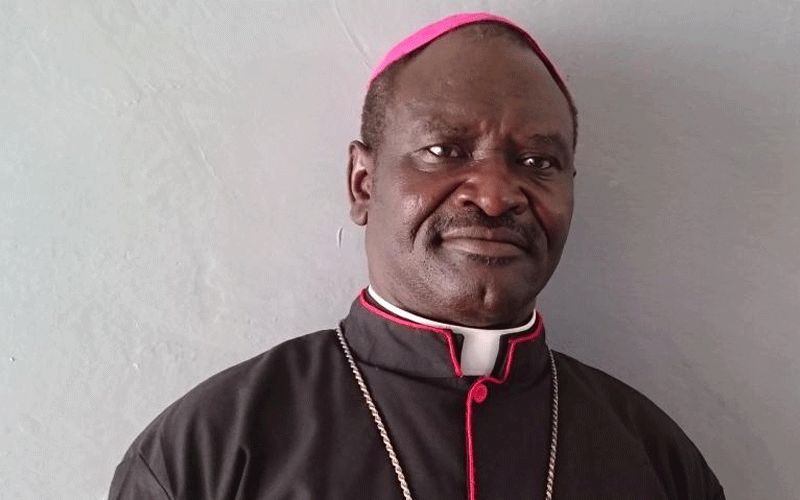El Obeid, 29 July, 2020 / 7:41 pm (ACI Africa).
The peace deal signed close to ten months ago between the government of Sudan and the rebel coalition of fighters that saw the two parties agree to a cessation of hostilities on all war fronts seems to be holding the country together despite some cases of tribal conflicts in the region of Darfur, a Bishop in the two-diocese nation has reported.
"The first good news to report is that the ceasefire still holds up in the country,” Bishop Yunan Tombe Trille of Sudan’s El Obeid Diocese told Agenzia Fides.
He added in the report published Wednesday, July 29, “Of course, there are still many aspects to be addressed and also some outbreaks of inter-ethnic or tribal conflict in Darfur that had never happened before, but we can say we are satisfied.”
The October 21, 2019 agreement was signed by Mohamed Hamdan Dagolo, the Deputy Chairman of the Sudan Sovereign Council, and Alhadi Idriss, the Chairman of the rebel coalition of the Sudanese Revolutionary Front (SRF), which represents fighters in areas including Darfur, Blue Nile and South Kordofan.
During the signing ceremony that took place in neighboring South Sudan, the leaders of both sides confirmed their commitment towards bringing peace in Sudan that has experienced tensions since December 2018 when then President Omar al-Bashir's government imposed emergency austerity measures to prevent economic collapse.








